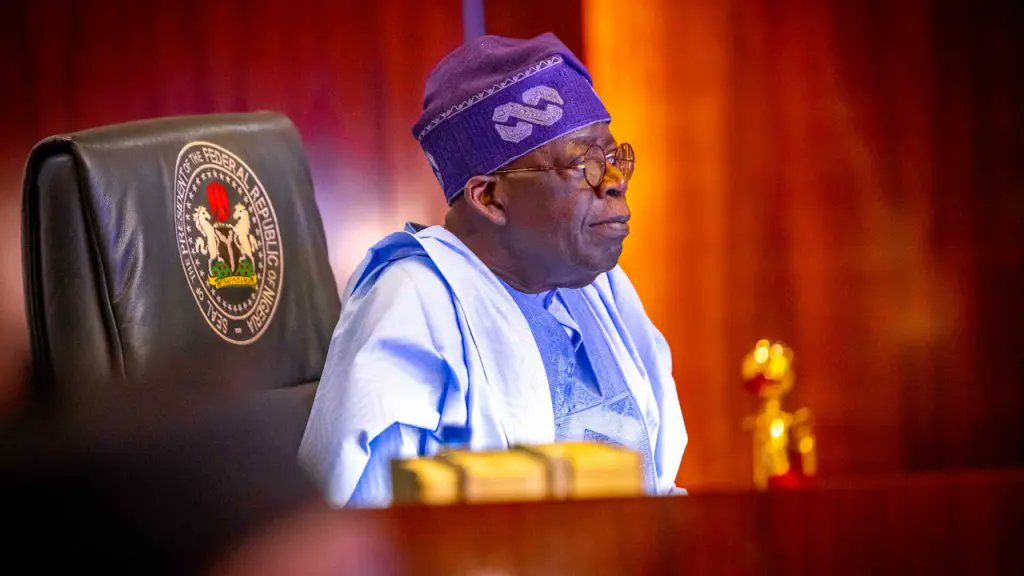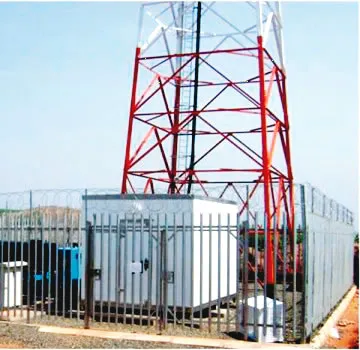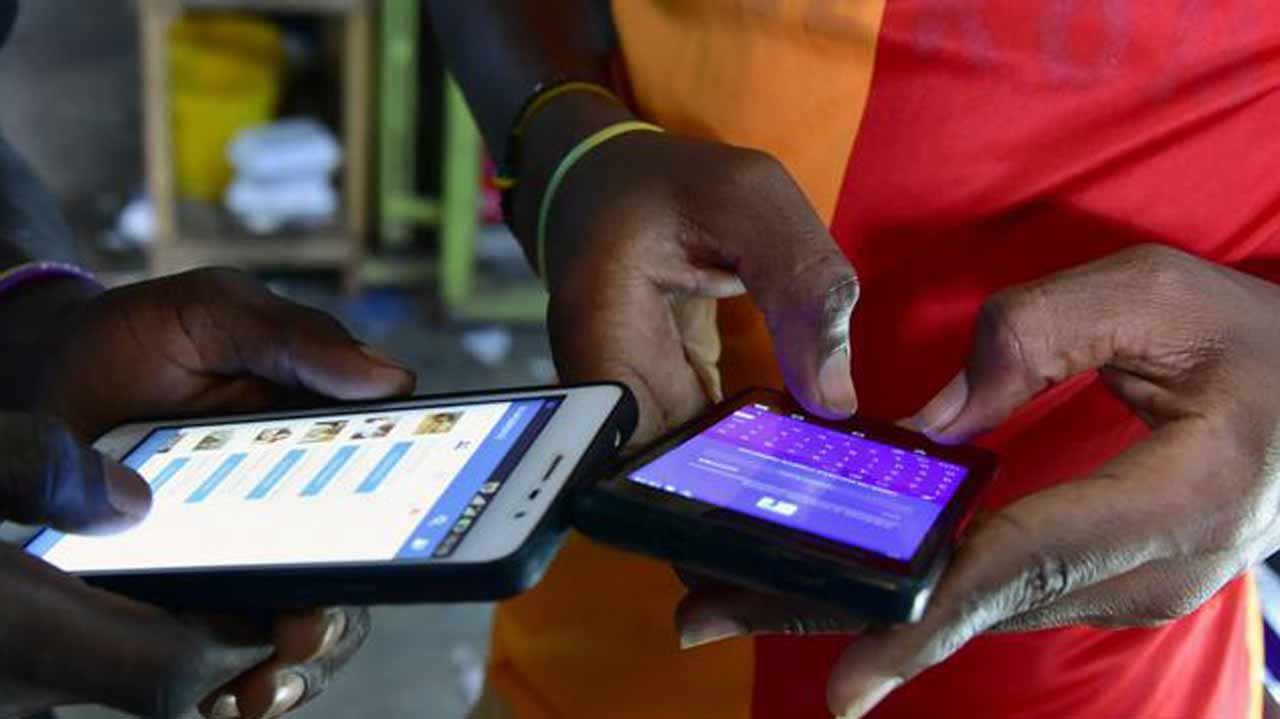The Deputy Spokesperson of the House of Representatives, Hon. Philip Agbese, has declared that the ongoing reforms in Nigeria’s telecommunications sector under President Bola Ahmed Tinubu are of such fundamental importance that they alone could earn the president a second term in office.
Speaking to journalists in Abuja on Wednesday, Agbese said that while Nigerians continue to experience economic strain from necessary reforms in other sectors, the transformation of the telecom industry stands out as a tangible success story directly affecting the daily lives of millions.
“The transformation in telecoms is not cosmetic; it is foundational. When millions of Nigerians get safer, more reliable connectivity, and when our networks begin to deliver broadband that supports jobs, education and business, citizens will remember who made that possible. That is why reforms in this sector alone can merit another mandate for President Tinubu,” he said.
Agbese identified the consolidation of the National Identification Number (NIN) and Subscriber Identity Module (SIM) linkage as one of the most significant achievements. “What had lingered for years under previous administrations was achieved within one year of Tinubu’s presidency, cleaning up the database of active mobile lines and strengthening national security,” he explained.
According to figures from the Nigerian Communications Commission (NCC), over 153 million SIMs have now been harmonised with the NIN, a development Agbese described as “one of the most far-reaching exercises in Nigeria’s digital history.”
The lawmaker also cited progress in broadband expansion, referencing NCC statistics showing a steady rise in penetration since 2023. He argued that improved access to high-speed internet is beginning to transform education, business, and civic engagement across the country.
“Connectivity is the new infrastructure. More people online means more economic activity, more taxation base and more resilience. This is the quiet revolution that the Tinubu administration is delivering,” Agbese remarked.
He further commended the NCC for ensuring that Nigerians are now receiving improved service delivery, value for money, and services that reflect the demands of a youthful population. He added that the regulator has increasingly focused on corporate social responsibility, ensuring that telecoms investment benefits communities beyond mere profit.
The deputy spokesperson also highlighted the government’s push towards 5G technology and careful management of spectrum licensing as evidence of a commitment to future-proofing Nigeria’s digital economy. He noted that the policy environment has reassured operators to continue investing in infrastructure despite foreign exchange pressures and a challenging macroeconomic climate.
Beyond infrastructure, Agbese praised the administration for heeding industry concerns over over-taxation. He recalled that proposed levies on telecom services, which would have increased the cost of calls and data, were suspended by presidential order. “This fiscal reprieve has kept services affordable and has allowed the sector to maintain momentum at a time when households are grappling with high living costs,” he said.
“President Tinubu deserves credit for recognising the strategic importance of this sector and making the right calls. By removing unnecessary levies and encouraging reforms that promote investment, the government has ensured that Nigeria remains one of the fastest-growing digital markets in Africa,” the lawmaker added.
Agbese, however, acknowledged ongoing challenges, particularly in extending reliable services to rural areas and ensuring that tariff adjustments do not exacerbate the digital divide. He called on private operators to deepen investment while urging regulators to maintain policy stability to attract new capital.
Despite these challenges, he maintained that the telecoms sector provides a compelling narrative of delivery for the administration. “Delivery on telecoms is tangible for ordinary Nigerians. It is visible in schools, markets and farms. It is the kind of delivery that people feel – and remember – when they go to vote,” Agbese added.






